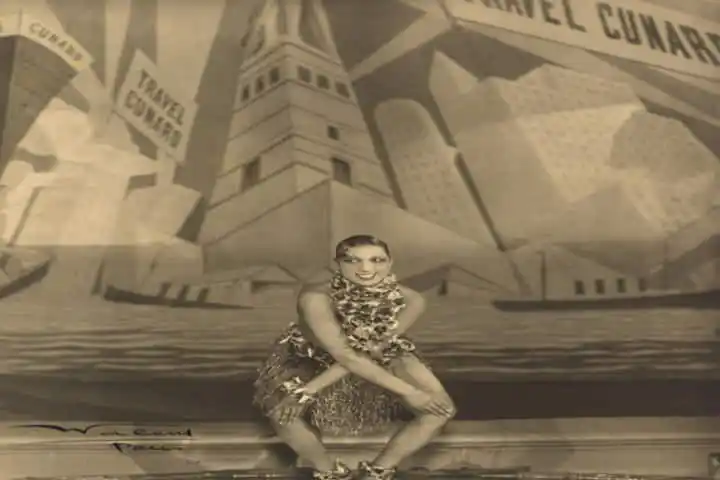France is bestowing a well-deserved honour to one of its leading artists – Josephine Baker, a dancer and singer – who was also a vocal civil rights activist. She will be the first black woman to be buried in the Pantheon monument in Paris, thus receiving one of France’s highest honour bestowed on its citizens, according to Le Parisien, a French newspaper.
According to the plan, performer Baker’s remains will be reinterred in a ceremony on November 30 and she will rest at the Pantheon along with other legendary personalities like Marie Curie, the scientist, Victor Hugo, the writer, and Voltaire, the philosopher.
This decision by the Government comes two years after Laurent Kupferman, the French writer, started a petition campaign, seeking Baker’s burial in the Pantheon. The New York Times report stated that this movement garnered about 40,000 signatures.
She will only be the fifth woman to be buried while 72 men have had this honour in comparison. Baker died at the age of 68 in 1975.
Besides achieving fame as an international entertainer, Baker was an ardent advocate of civil rights and played a major role during World War II as a part of the French Resistance against the Nazi occupation of France. A statement from Elysée Palace, official residence of French president Emmanuel Macron, described Baker as the “the embodiment of the French spirit”, according to an article in smithsonianmag.com.

Baker was born in 1906 in Missouri’s St. Louis and became successful by performing vaudeville acts across the US. She moved to France as part of La Revue Negre’s musical and dance ensemble in 1925, according to the Smithsonian’s National Museum of African American History and Culture (NMAAHC). In France her career graph zoomed to the top, more so because she got more opportunities as compared to the southern part of the US which had segregation, noted NMAAHC.
Also read: India is in the lead but Bali and Singapore are also becoming Asia's new movie hubs
Talking to the Times, Kupferman said: “Josephine Baker embodies the [French] Republic of possibilities. How could a woman who came from a discriminated and very poor background achieve her destiny and become a world star? That was possible in France at a time when it was not in the United States.”
As an artist she was noted for provocative Jazz age music hall routines and fashion which was glamorous and she broke the social barriers and became the first Black woman entertainer to achieve stardom. She also has the distinction of being the first African American woman to be a part of a motion picture, Siren of the Tropics, a French silent film of 1927.

After marrying industrialist Jean Lion, Baker took French citizenship in 1937. She played an active role during World War II, serving the French Resistance by passing to the Allied forces secret information and also giving refuge to people at her home in Paris.
France awarded her the Croix de Guerre and the Legion of Honour — two of the country’s highest military honours. She was buried in Monaco in 1975 along with the medals, attired in complete military uniform.
As a mark of protest against inequality in the US, she had refused to perform for segregated audiences and also toured the US to champion civil rights. During the March on Washington for Jobs and Freedom which was held in 1963, Baker as the sole woman speaker addressed the people along with Martin Luther King Jr.
Also read: Gujarat village leads the way by empowering girls and women through Balika Panchayat
In her speech she said: “I have walked into the palaces of kings and queens and into the houses of presidents…But I could not walk into a hotel in America and get a cup of coffee, and that made me mad.”
Exhorting the crowd to voice their protest against injustice she said: “I am not a young woman now, friends. … There is not too much fire burning inside me, [but] before it goes out, I want you to use what is left to light the fire in you.”




















